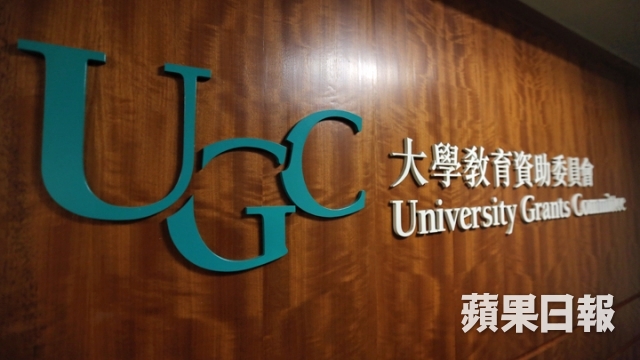A Legislative Council (LegCo) panel has criticised the government’s university funding advisory body for subsidising some 15,000 mainland and overseas students last year, while 7,000 local students who meet funding criteria remained unassisted.
The LegCo Public Accounts Committee (PAC)’s report also “expressed grave concern and dissatisfaction” with the University Grants Committee (UGC) for not using a public tender mechanism for selecting accommodation and flight tickets while hosting academic events in Hong Kong.

The report on the government’s accounts, issued on Wednesday, cited government statistics stating that the number of non-local students enrolled in UGC-funded university programmes increased from 10,074 in 2010-11 to 15,730 in 2015-16.
In particular, the number of mainland students made up 87 per cent of the non-local students receiving UGC funding in 2010-11, and 76 per cent in 2015-16.
Following enquiries by the PAC, the UGC and the Education Bureau said it did not have statistics on the number of non-local students who stayed to work in Hong Kong after graduating.
7,000 local students left unfunded
The report then cited Education Bureau figures, projecting that 22,000 secondary six students in Hong Kong would meet entrance requirements for admission into undergraduate programmes in 2016.
However, the UGC has only made funding available for 15,000 first-degree places for 2016-17, which could mean that 7,000 local secondary school graduates who meet university entrance requirements would not be able to receive government funding.
At a LegCo press conference, pro-democracy lawmaker Lam Cheuk-ting criticised the government’s allocation of resources. “There are many overseas students, and mainly mainland students, who have taken the places [of the local students],” he said.

Lam did not accept the UGC’s defence that the accounts for local and non-local grants were separate: “It’s a ‘left-pocket-to-right-pocket’ problem. All of these are government resources.”
“This forces many of our young kids to attend private universities and study for associate degrees,” added pro-establishment lawmaker Abraham Shek Lai-him, who chairs the PAC. “This makes their options difficult.”
The Secretary for Education previously told the PAC that the funding of mainland and overseas students “should not be considered as creating an adverse impact on local students of these programmes.” In a letter in January, he cited increased competition and diversification as positive factors. There is a quota for non-local students at both undergraduate and postgraduate taught degree levels; only at the publicly-funded postgraduate research degree level can UGC-funded universities recruit non-local students without restrictions.
Governance issues
In its report, the PAC also criticised “various irregularities and deficiencies of UGC in the governance, management and the utilisation of resources.”

For example, it claimed that while inviting overseas academics to attend conferences in Hong Kong, the UGC quoted the air fare for each scholar as separate items. This meant that the cost of tickets would not exceed the threshold of HK$1.43 million, which would have triggered the legal requirement for a public tender.
The UGC responded that it would put in place suitable arrangements in the procurement of air tickets in consultation with the Government Logistics Department and the Financial Services and Treasury Bureau.
Moreover, the report said that the UGC was unable to justify its selection of “the same five upmarket hotels” for academics visiting Hong Kong. The UGC responded that the hotel selection was appropriate given that they were located in the vicinity of the meeting venue, and that the invitees were “renowned academics.”
